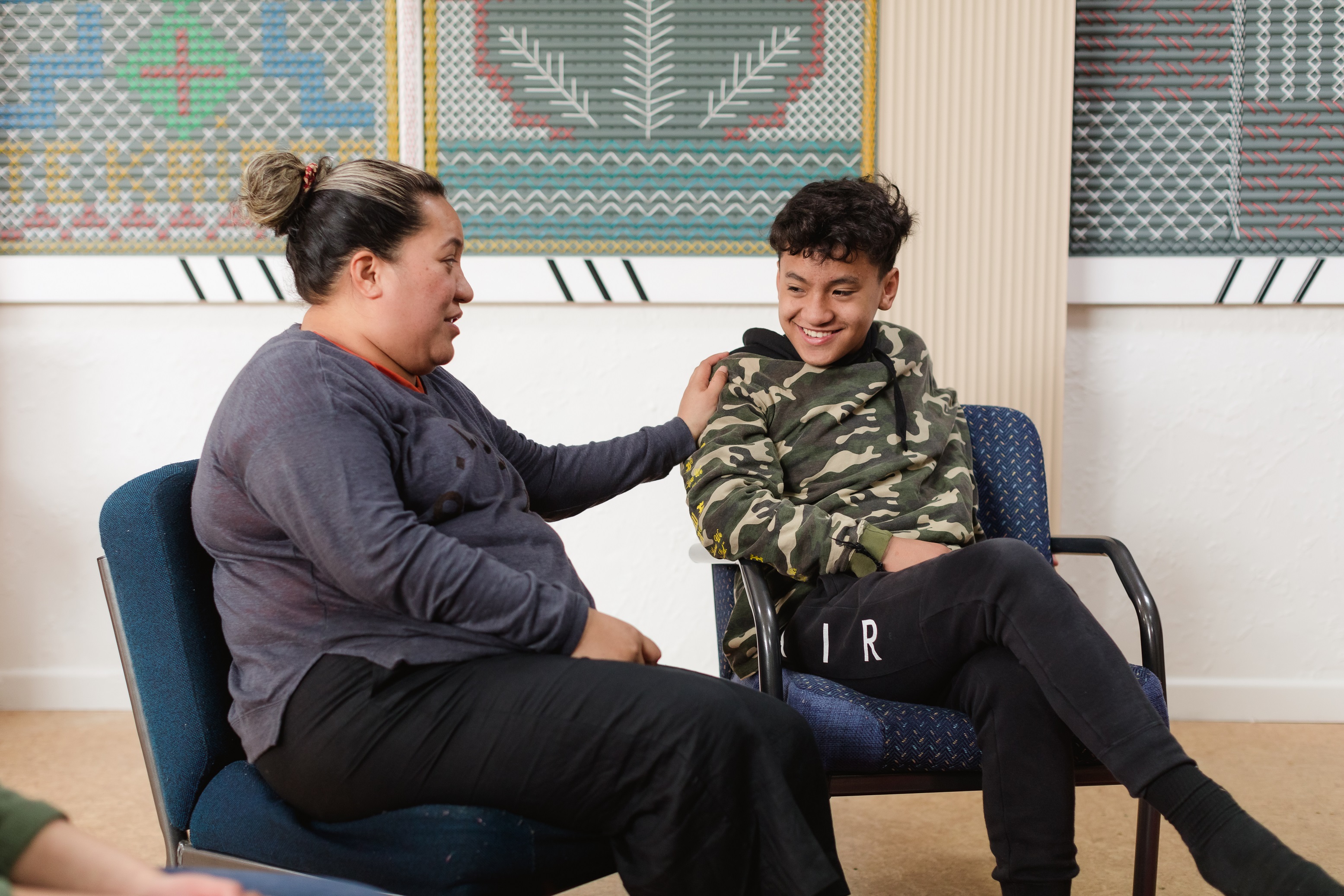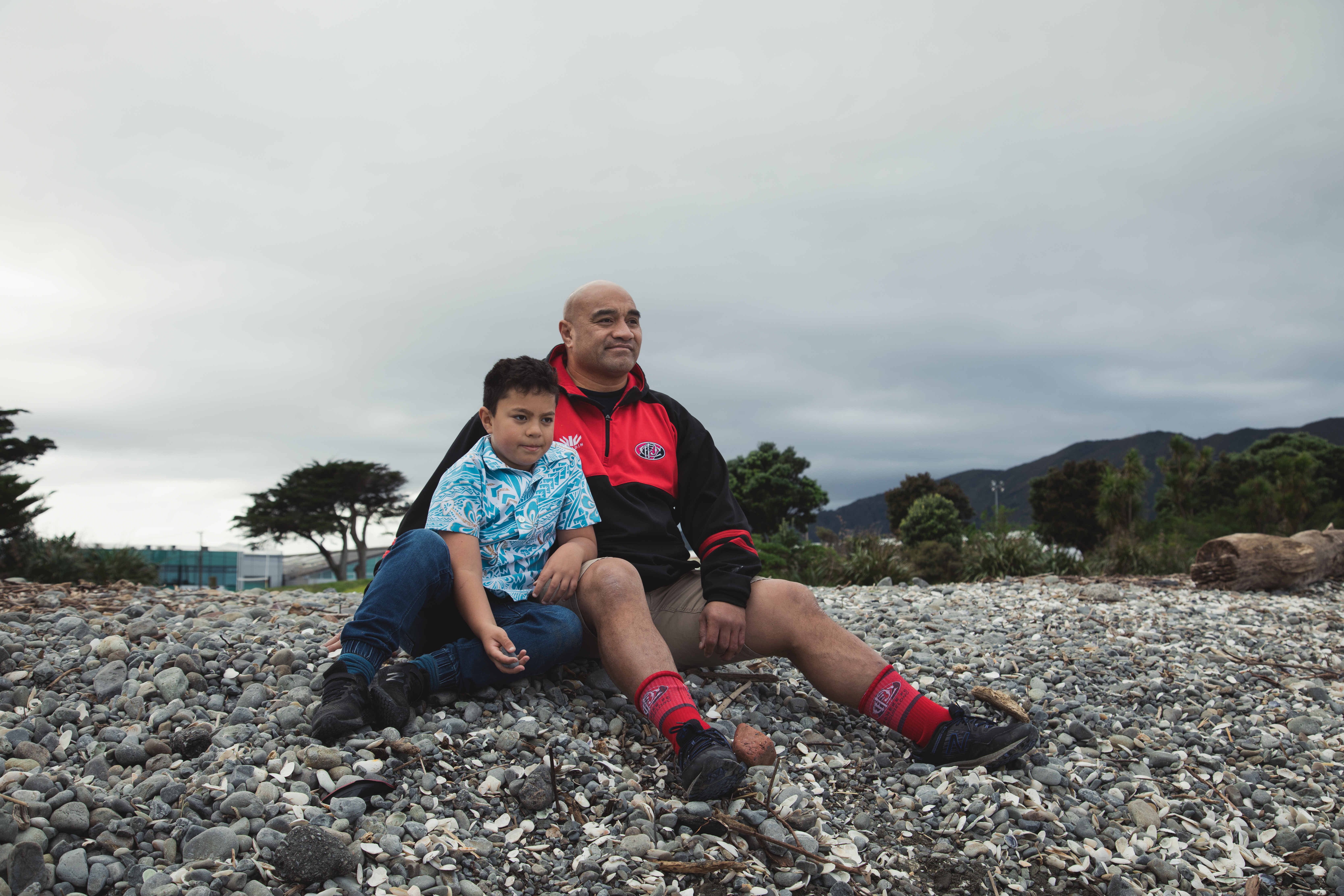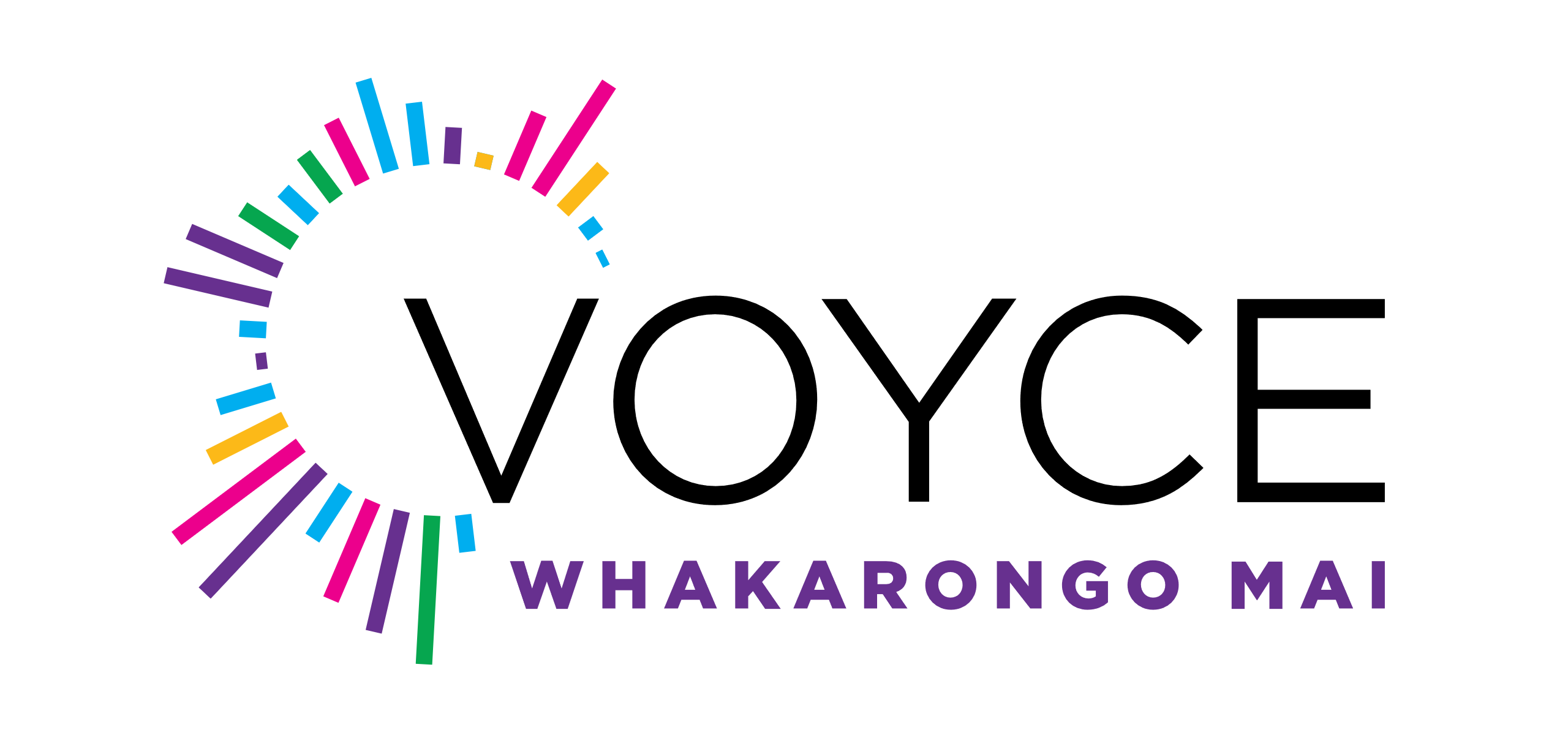How adults can help
A trusted adult can help a tamaiti or rangatahi to share their concerns or ideas about Oranga Tamariki. The adult supports the tamaiti to make their own choices and helps them through the process.
Who are trusted adults?
Trusted adults include whānau, caregivers, social workers, teachers, youth workers and other key adults in their lives.
If that's you, it’s important you know how you can advocate for and support a tamaiti to raise their concerns with Oranga Tamariki.
What is advocacy?
When tamariki and rangatahi have concerns or ideas about the service they receive from Oranga Tamariki they may want to share this with adults they trust.
Advocacy is about supporting a tamaiti to express their own needs and views and to make informed decisions about things that influence their lives. This includes supporting tamariki and rangatahi to make their own choices – not making choices for them.

Tips for advocacy
Tamariki and rangatahi have told us that if they’re relying on an adult to help them share a concern, they need that adult to be trustworthy, reliable and caring.
When supporting a tamaiti there are 3 main things they need from you:
- Support throughout the process – stay involved.
- Privacy – only tell those who need to know. Read more about information sharing
- Share what matters to the tamaiti, not to you.
Other important things to consider are:
- An advocate must never promote or support any other individual or organisation's needs or wishes (including their own) when they are advocating for a tamaiti. To do so would result in a conflict of interest.
- If an advocate feels unable to support the tamaiti because of the above, someone else should be asked to provide advocacy support.
- Be aware of the rights of tamariki and rangatahi.
- Help the tamaiti access the information they need.
- Be clear that information about the tamaiti will not be shared without their agreement, except in very specific circumstances.
- Do not do anything the tamaiti does not want you to do, except where the law requires it.
- Irrespective of who is providing advocacy to a tamaiti, it is crucial that everyone is clear about the boundaries of the role.
- Be aware that, while you are there to support the voice of the tamaiti to be heard, you are part of a wider team supporting the tamaiti and should kōrero to Oranga Tamariki if you need help or guidance.

Letting a tamaiti know how you can help
It’s important you let the tamaiti know how you will support them to come to a solution, and to keep developing trust.
Here are some things you could talk through with them:
As your advocate, I will:
- kōrero with you about your issue
- help you to get the information you need
- support you to consider who is best placed to help you share your views – someone else like an advocate from VOYCE Whakarongo mai might be better placed to support you
- help you to express your views
- help you understand any decisions that may impact on you and explain why those decisions were made.
Everything we discuss will be confidential, unless:
- we think you are in a dangerous or life threatening situation
- you are likely to be a serious danger to others
- the law tells us to pass on information, in which case we may have to tell someone who will look after you
- you want me to share information after we’ve talked.
Who to contact
You can help a tamaiti raise their concerns with Oranga Tamariki through talking to their social worker, the site duty social worker, or VOYCE – Whakarongo mai.
Voyce – Whakarongo mai: advocacy service for children in care
If you're a tamaiti or rangatahi in care, VOYCE – Whakarongo mai is an independent connection and advocacy service, separate from Oranga Tamariki - Ministry for Children, and we're here to listen to you, support you, and be on your side. Part of what we also do is organise fun and engaging events for tamariki with care experience so you can connect with each other.

Published: June 14, 2019 · Updated: September 26, 2023

